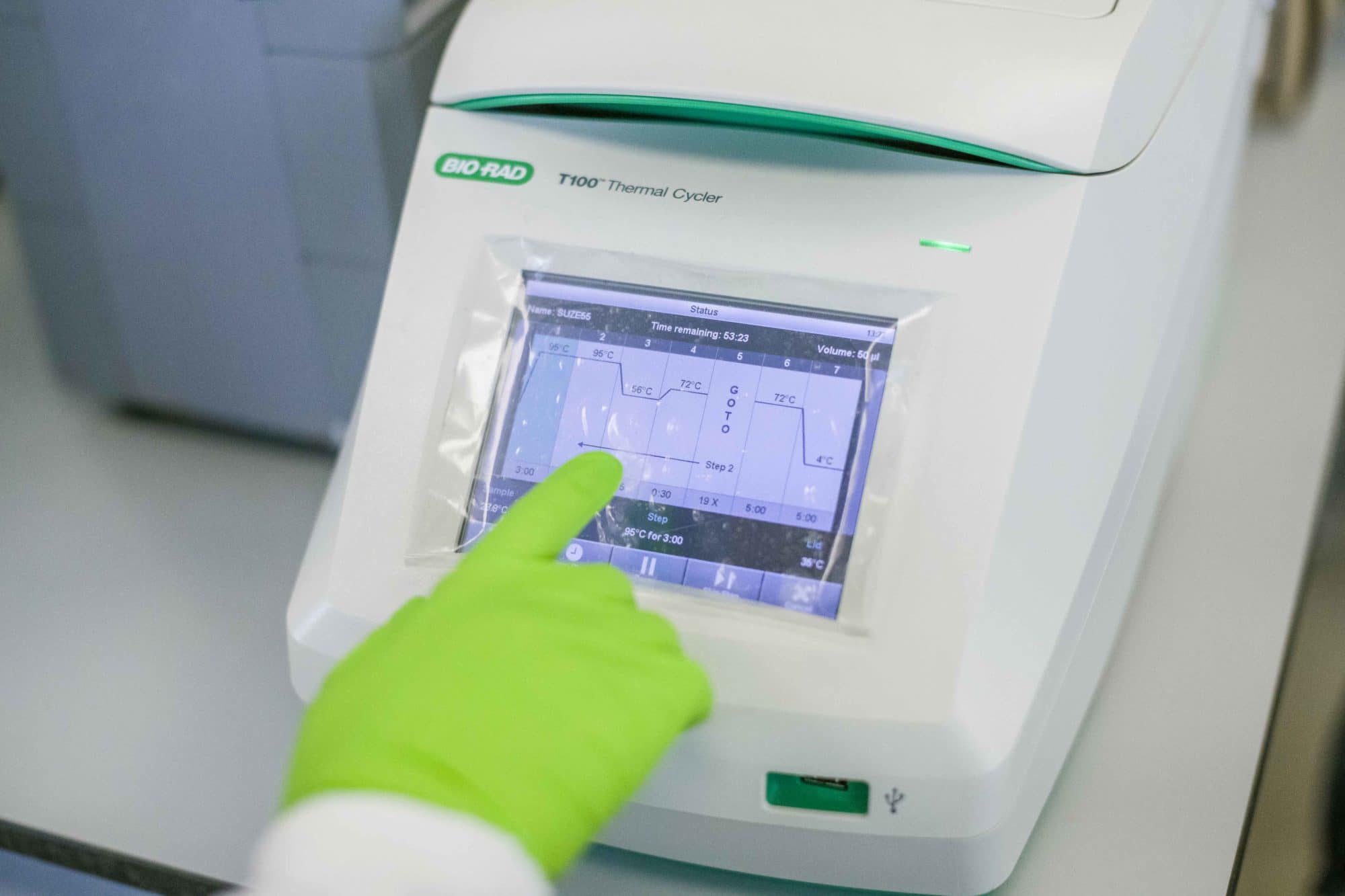Drugs for cancer and alcoholism show promise for RP
With all the interest in exciting gene and cell therapies for inherited sight loss, it’s easy to forget that more traditional drugs can also hold promise.
Search results
With all the interest in exciting gene and cell therapies for inherited sight loss, it’s easy to forget that more traditional drugs can also hold promise.

Genes exist inside all the cells that make up your body. They contain genetic code (DNA) and provide instructions for constructing proteins, which are the building blocks of our bodies and perform a huge variety of roles.

There are many ongoing clinical and laboratory studies around the world, exploring innovative approaches to treating inherited sight loss.
The BBC covered a story on Monday 24 May about optogenetics partially restoring the sight of a man living with retinitis pigmentosa in France.
Researchers have developed PEDF-based eye drops that show promise in slowing retinal degeneration in mice with retinitis pigmentosa, potentially offering a non-invasive treatment option for preserving vision in the future.
An American living with Leber congenital amaurosis 10 (LCA10) has become the first clinical trial participant in the world to receive a CRISPR gene editing treatment in vivo (inside the body).
James Birtley is a Retina UK supporter and volunteer who is living with retinitis pigmentosa. He is also a scientist with a particular interest in the structure of proteins, the complex molecules that form the building blocks of our bodies.
Retina UK is delighted to announce that it has awarded three new research grants worth more than £870,000.
Aavantgarde Bio Ush1B study at Moorfields